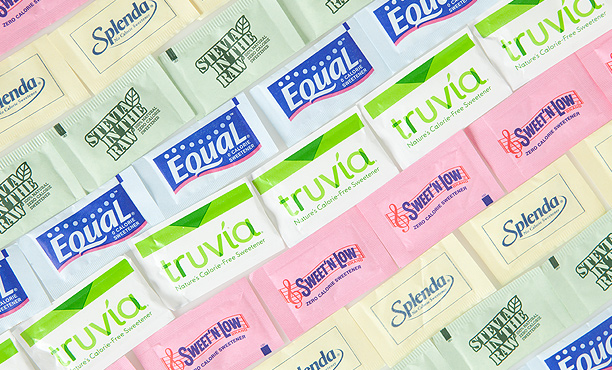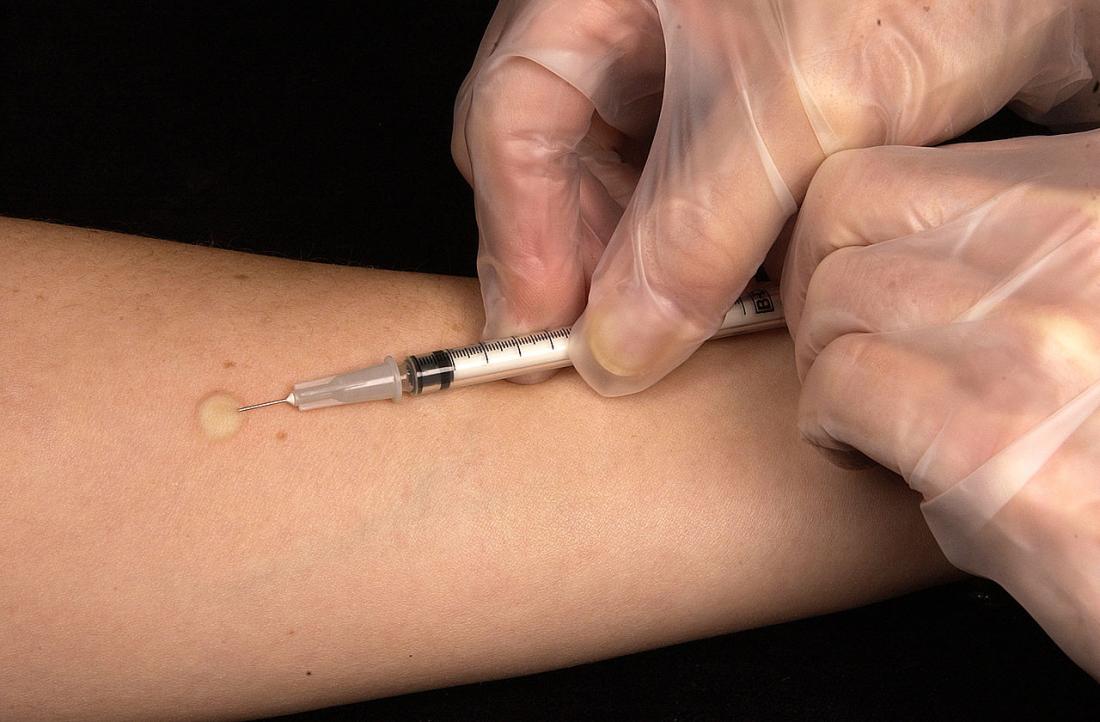Do you really know what you are putting into your body when you add a packet of Splenda or some other artificial sweetener to your drink? In today’s world of constant dieting and calorie-counting, many people resort to extreme measures to reach their weight loss goals. Some of the most commonly used dietary additives include artificial sweeteners such as Equal, Sweet’N Low, and Splenda. These additives are advertised as “zero-calorie sweeteners” that taste exactly like sugar without the calorie cost. You can find these colorful packets of seemingly free sweet joy in almost every shop and restaurant. Are these sweeteners really free of nutritional cost? Can we really trust the marketing that capitalizes on the American mentality of dieting?
If you look at the main ingredient in each of these marketed sweeteners, you will find that they are all artificially manufactured and are so processed that they no longer represent sugar compounds. Splenda, for example, is made of a compound called sucralose, which is actually a chlorinated sugar that does not occur in nature. Because the human body does not recognize sucralose, your body can’t metabolize it properly, and it has, in a sense, zero calories. The same concept generally applies to the other manmade sweeteners.
Science has even managed to concoct yet another sweetener derived from the Stevia rebaudiana plant known as Pure Via or Truvia. These “sugars” come from a plant found in the rain forests of South America and have been called naturally occurring, zero-calorie sweeteners. According to nutritionist Katherine Zeratsky of the Mayo Clinic, Stevia is often refined to the point of causing nausea, and the long-term effects of Stevia on the body have not been fully studied. In reality, none of these additives have been well studied, as is the case for many other food supplements. The cold truth is we just don’t know what artificial compounds such as sucralose and saccharine can do to the body in the long term or even if they work at all.
Don’t get me wrong. Splenda, Sweet’N Low, Equal, Truvia, and the like have benefits as well. For one, they are fantastic alternatives for diabetics who are insulin-dependent, and they definitely give everyday snacks that sweet kick without the consequences associated with consumption of regular sugar. However, the bottom line is moderation. We can avoid all of these potential side effects if we just change the way we think about sweets. Just adding one less packet of sweetener to your morning coffee can significantly reduce the risks associated with over-consumption. Again, moderation is key! So, don’t be afraid to use artificial sweeteners or even good old regular sugar in your foods, as long as they are all taken in moderate amounts.
Article by Amanda Lu
Feature Image Source: Power Athlete
























